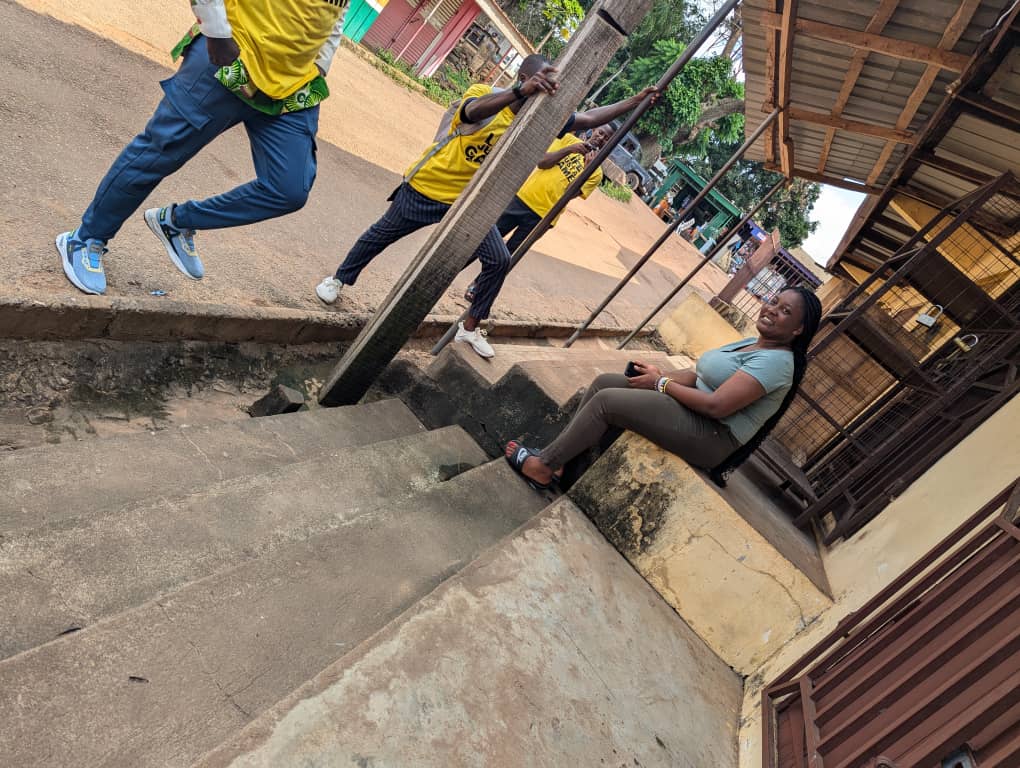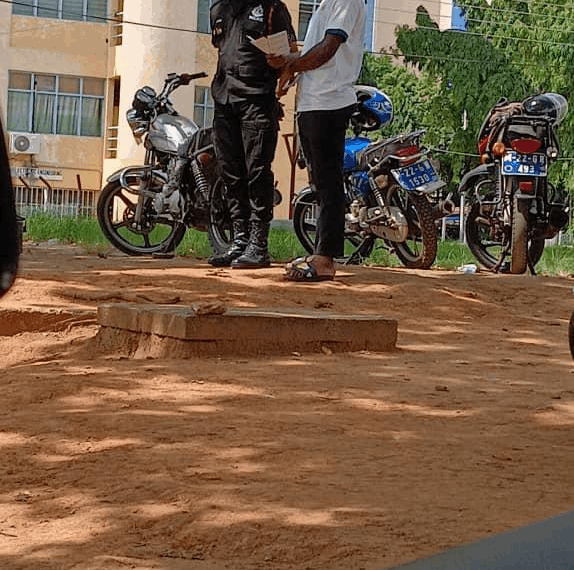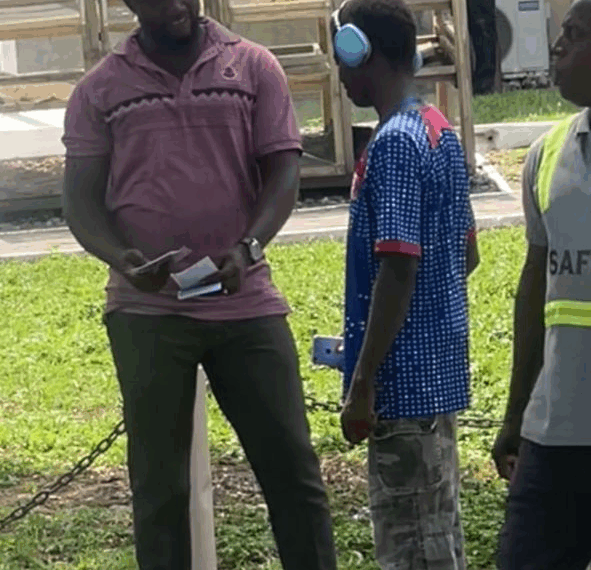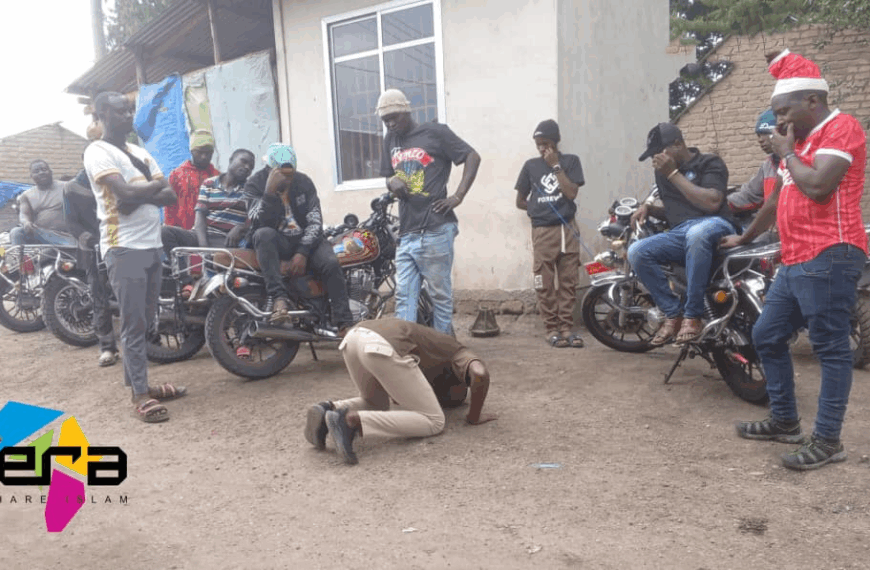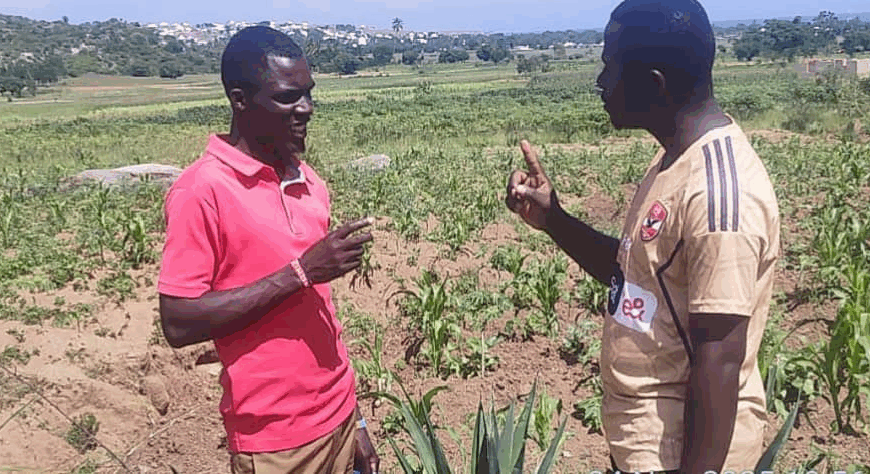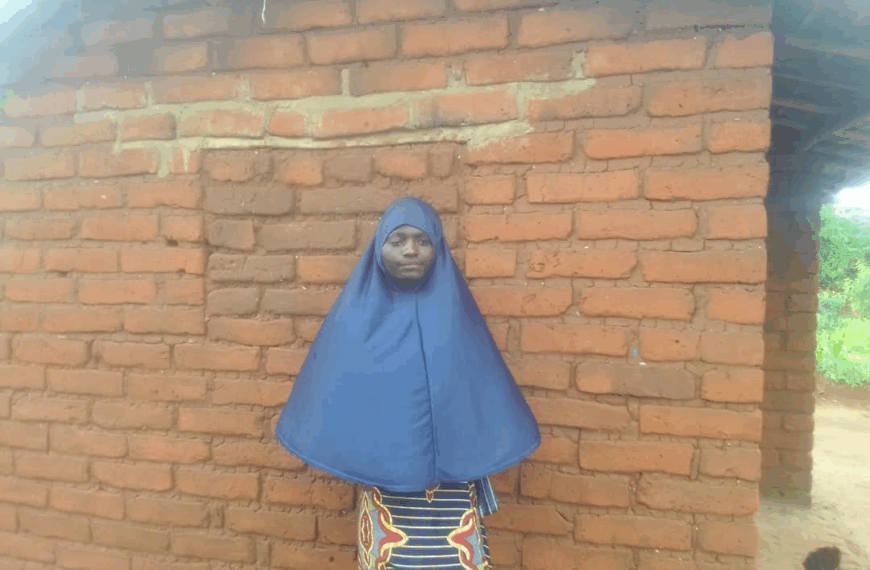In the vibrant community of Lartei, a remarkable encounter unfolded that challenged preconceived notions and fostered understanding across faiths.
A local woman, who preferred to remain unnamed, found herself taken aback by the sight of Muslims engaging in evangelism a scene she never thought she’d witness.
Reflecting on her school days, she recounted how her Muslim classmates often expressed discomfort with discussions surrounding Jesus.
For her, these memories painted a picture of division rather than dialogue. The very idea of Muslims participating in evangelistic activities felt foreign and unexpected, leading her to approach the situation with skepticism.
Initially, she was hesitant and unwilling to engage with the iERA Ghana Duat who were sharing their perspectives on Jesus. The memories of her school experiences loomed large, creating a barrier to understanding.
The very thought of hearing about Jesus from a Muslim perspective was not something she had anticipated or was prepared to accept.
However, everything changed when one of the Duat approached her for a conversation. His respectful demeanor and willingness to share insights opened a door she had previously shut.
During their dialogue, he elaborated on the Islamic view of Jesus, emphasizing the deep respect Muslims hold for him as a significant Prophet in Islam. Unlike the negative connotations she had associated with such discussions in the past, the speaker presented a narrative centered on mutual respect and understanding.
As they talked, the lady began to see the parallels and differences between the two faiths, which encouraged her to reconsider her preconceptions. She learned that in Islam, Jesus (known as Isa) is revered, born of a virgin, and considered a messenger of God, but not divine in the way Christianity teaches.
Instead of division, she discovered a shared reverence for Jesus that transcended their differing beliefs.
This conversation was a turning point for her, prompting a reflection on the importance of dialogue in bridging gaps between faiths.
She realized that while differences exist, there is also a foundation of respect and common ground that can lead to more profound understanding.
The interaction at Lartei serves as a reminder of the power of open communication and the potential to dismantle stereotypes.

It highlights how individuals can grow in their understanding of each other, even when initial feelings may suggest otherwise. The journey of this lady illustrates that engaging with those of different faiths can lead to enlightenment and harmony, enriching one’s perspective on both religion and humanity.
In a world often marked by division, her story is a beacon of hope, encouraging others to embrace conversations that challenge their beliefs and promote mutual respect and understanding.

